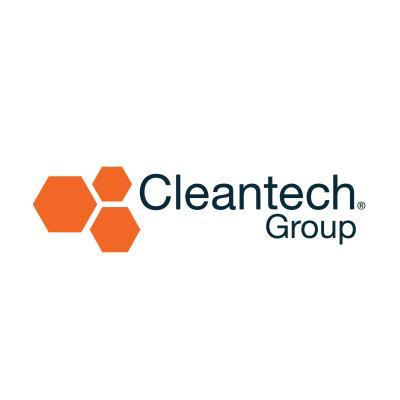These rising stars were all part of the 2019 Cleantech 100.
Yesterday, the Cleantech Group, one of the foremost publishers of industry reports and indexes as well as the host of cleantech events around the world, issued its annual Cleantech 100 Report, highlighting the most promising early-stage companies in the fields of:
- Agriculture & Food
- Energy & Power
- Industrial & Manufacturing
- Materials & Chemicals
- Resources & Environment
- Transportation & Logistics
What’s Hot In Cleantech?
This tenth edition offered an opportunity to look back at the last decade in cleantech to see which industries matured, which industries petered out and which ones are dancing to the tune of two steps forward, one step back.
For example, Tesla was one of the newcomers ten-years ago while solar and biofuel companies were heavily represented. This year’s list, however, contained virtually no solar companies because the industry has come of age and biofuels have morphed into biotechnology platforms because of the well-documented challenges of bringing biofuels to scale.
To the surprise of no one, the 2019 Global 100, which was culled from nominations from 93 countries, was heavily represented by battery storage companies and by those in the transportation sector. Combined, the Energy & Power and Transportation & Logistics sectors represented 61 percent of the list and over $10 billion in investment (compared to a total of $4 billion in all of the other sectors combined).
The Place To Be Clean
While the leader of the U.S. federal government denies climate change is man-made, VC investors have made it clear the U.S. will be the epicenter of cleantech innovation–with or without the government’s help.
Of the $14 billion invested in Global 100 early stage cleantech companies last year, over 75 percent of it went to companies headquartered in the U.S. or Canada, including a whopping 81 percent in the materials and chemicals sector.
The one outlier to this trend was seen in transportation, where Chinese firms picked up 46 percent of all dollars invested in the sector, no doubt helped by government incentives to spur electric vehicles, charging stations and autonomous vehicle software.
My Five Favorites
While those who have put stock (literally and figuratively) in the future of a clean economy had plenty of reasons to cheer the release of this report, there were five groundbreaking companies which really caught my eye.
Plenty–-This hydroponic vertical farm company gets a hometown fist bump from me because they are in the midst of building a 100,000 sq. ft site in the Seattle area. Their infrared sensors monitor crops and feed that information into algorithms, which adjust light, heat and water flow accordingly. The result is indoor farms that can be built close to population centers while yielding crops 350 times greater than in open fields, using just one percent of the water.
Ampaire–What if we could electrify the aviation sector by 2040, and in the process remove 800 million tons of CO2 from the atmosphere every year while reimagining the economics of the commercial airline industry? Welcome to Ampaire, whose TailWind-E and TailWind-H models could be responsible for a 90 percent reduction in fuel costs and a 50 percent reduction in airplane maintenance.
Solidia Technologies–I’m a sucker for carbon capture and utilization companies so Solidia had me sold at using their CO2 technology to reduce the carbon footprint of concrete by as much as 70 percent and water use by up to 100 percent during manufacturing a product that currently accounts for five to seven percent of total global carbon emissions. If there’s one downside, I’m not sure about the wisdom of headquartering a cement company in Tony Soprano’s backyard.
Etagen–Backed by no-names like Khosla Ventures and Bill Gates, Etagen’s modular generator technology uses a low-temperature reaction of air and fuel to drive magnets through copper coils to efficiently produce electricity. What makes Etagen even more striking is their generator works with biofuels, renewable fuels or fossil fuels.
After several months of depressing news about CO2 emissions and climate change, I’m going to sleep better tonight thanks to all of the inventors and investors who were a part of this process.

